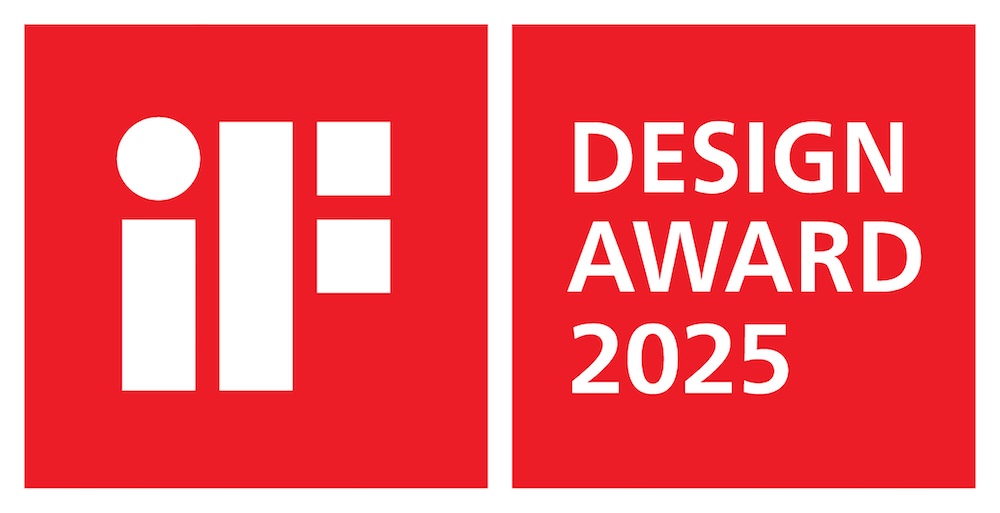/https%3A%2F%2Fpolarium.com%2Fwp-content%2Fuploads%2F2024%2F04%2FHomevolt-Still-2.png)
In-House Innovation for Control, Safety, and Reliability
25th April, 2024At Polarium, we have a comprehensive in-house approach to the production pipeline, emphasizing the importance of having full control of the value chain. This ensures significant autonomy over our products and systems, strengthening reliability for our customers. We do this to maintain speed and flexibility in our product development and offering, without compromising on safety or cost efficiency. In this article, Ulf Krohn, VP of R&D at Polarium, explains the three key pillars to promote in-house production:
- flexibility
- product
- cost control.
Flexibility
One cornerstone of Polarium’s strategy is our in-house development of critical components such as electronics, software, and mechanics to create market-leading energy storage and systems. This begins with careful cell-level assessments, progressing to refined battery optimization. To our battery modules and battery energy storage systems (BESS), we add state-of-the-art software that includes AI and advanced self-learning algorithms, tailored in-house to fine-tune the performance and efficiency of the systems.
While modules, systems, and software are produced in-house, the battery cells used are not. Instead, we have very close partnerships with external suppliers. This approach is not based on necessity but is a conscious choice that enables us to maintain technological neutrality. Being “cell agnostic” affords us the flexibility to seamlessly integrate diverse cell types and chemistries, ensuring our systems remain at the forefront of adaptability and innovation.
This agility is crucial, not only for keeping pace with rapid technological advancements but also for swiftly aligning with evolving market requirements and regulatory frameworks. Central to this approach is the co-development with our customers, ensuring that the solutions we bring to market are not only cutting-edge but also directly aligned with customer needs and industry standards.
Product Cost
Our in-house development serves a dual purpose: maintaining the integrity and functionality of our products and systems, while simultaneously enabling cost-efficiency. This is especially beneficial when scaling up production, as our modular hardware architecture significantly lowers costs. By balancing the complex manufacturing processes, such as final assembly and rigorous testing at our technology center in Sweden, Polarium X, we can offer cost-effective solutions without compromising the quality our customers expect. A strategy that contributes to not only lower costs but also to increased quality assurance and speed in delivery to market.
Control
To gain control throughout the entire value chain is incredibly important to us at Polarium. Our commitment to control extends from the complex electronics to the sophisticated self-learning backend software. This ensures product safety and battery performance as well as the ability to create unique features. Developing software and critical system components in-house guarantees that we can meet specific customer and regulatory requirements.
To visualize an example of the benefits of more control, consider a flashlight: its functionality depends not only on the batteries but also on its design, including the type of lamp and its enclosure. Similarly, the performance of a battery cell is dependent on all components surrounding it, such as other hardware and the Battery Management System (BMS). Managing these components in-house eliminates the complex task of setting external requirements, which can be highly challenging, why owning this production process offers clear benefits.
In an increasingly unstable global environment, Polarium’s comprehensive control over the production processes is more crucial than ever. Offering European-made and maintained software adds an additional layer of control to many of our customers, also enabling us to establish better sustainability standards. As a result, we evaluate all our products against criteria essential for prolonged usability, ease of repair, and straightforward recyclability at their end of life.
To sum up
The reasons for promoting in-house production are both many and evolving. Motivated by these three benefits, we are eager to continue developing our value chain, enabling us to offer products with better control, safety, and reliability – always with the highest quality in mind.
/https%3A%2F%2Fpolarium.com%2Fwp-content%2Fuploads%2F2024%2F02%2FWind-1-scaled.jpg)
/https%3A%2F%2Fpolarium.com%2Fwp-content%2Fuploads%2F2025%2F04%2Fphilipp-katzenberger-iIJrUoeRoCQ-unsplash-scaled.jpg)
/https%3A%2F%2Fpolarium.com%2Fwp-content%2Fuploads%2F2022%2F11%2FHands-1.png)

